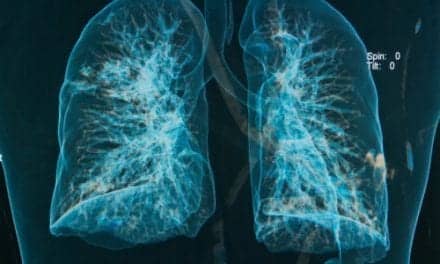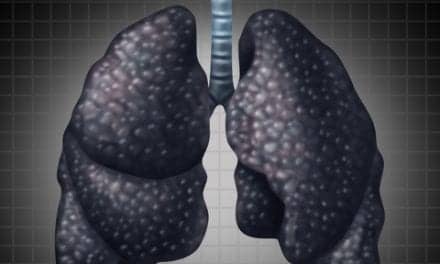A new study by a team of transplant surgeons at Johns Hopkins found that having both lungs replaced instead of just one more than doubles an organ recipient’s chances of extending their life by more than a decade. The study suggested that having both lungs replaced is the single most important feature determining who lives longest after having a lung transplant.
The findings are potentially controversial due to an already lacking number of organ donors, according to the researchers. More widespread use of bilateral lung transplants could nearly halve the currently undersized pool of potential beneficiaries.
“Our results suggest that double-lung transplants have a long-term advantage, and surgeons should consider bilateral lung transplants whenever possible,” said senior investigator and transplant surgeon Ashish Shah, MD, of Johns Hopkins School of Medicine, in a release from the school.
Shah went on to note, “Not all lung recipients necessarily need a bilateral transplant. Many people with chronic obstructive pulmonary disease, including emphysema and different kinds of pulmonary fibrosis, can survive with just one lung being replaced, while other lung diseases, such as cystic fibrosis, usually require transplantation of both lungs. But double-lung transplants clearly perform better over time.”
“Until now, we knew how best to ensure that transplant recipients survive for the first few months after surgery; avoiding infection of the transplanted lung, and then staying healthy for the next two years to five years. But we never really knew what factors distinguished the long-term survivors from those who succumbed earlier, to either organ rejection or death,” said Shah.
The researchers also found that a perfect or near-perfect match between the donor’s immune-activating protein antigens with a recipient’s increases chances for long-term survival by 38%. Additionally, having a college education increases chances for long-tern survival by 40%.
Lead investigator Eric Weiss, MD, a postdoctoral research fellow in cardiac surgery at Hopkins said that a patient’s education is likely a cover or surrogate, masking another factor or combination of factors that are accounting for the increased longevity. Possible explanations, he says, are that better educated people may have better health insurance and access to care than those with less formal schooling, or that people with degrees are better at keeping their physician appointments on schedule, taking their medications as prescribed, and sooner alerting their physicians to problems.
Weiss points out that a key advantage in double-lung transplants over single-lung transplants is that residual disease is not left behind in the spared lung. Moreover, when both lungs are replaced, the new lungs, which must breathe together as a pair, are already adapted to each other.
The findings are among the first to emerge from an analysis of 836 men and women who have lived at least a decade after transplant surgery between 1987 and 1997, an extended period for which detailed medical histories are now available.









